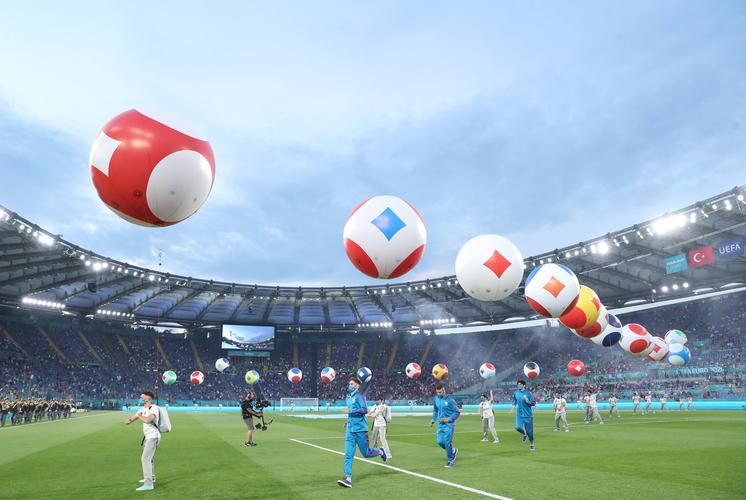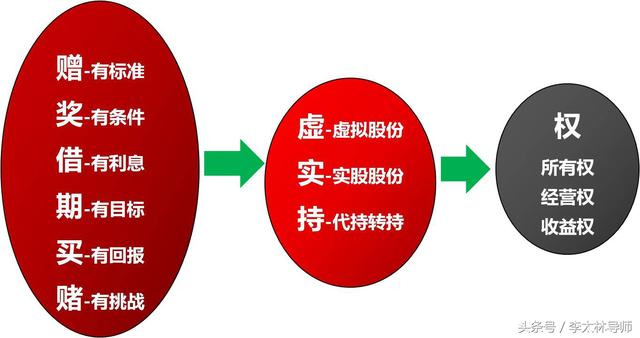TheAllureoftheUEFAEuropeanChampionship:ACelebrationofFootballExcellence
The UEFA European Championship, often referred to as the Euros, is one of the most prestigious tournaments in the world of football. This quadrennial event brings together the best national teams from across Europe to compete for the coveted title of continental champion. The tournament not only showcases the highest level of football skill but also encapsulates the passion, drama, and unity that the sport is renowned for.
Historical Background
The inception of the European Championship dates back to 1960 when it was first held in France. Initially known as the UEFA European Nations' Cup, the tournament was designed to mirror the FIFA World Cup but exclusively for European nations. The first edition was a modest affair with just 17 teams participating, but it laid the foundation for what would become one of the world's most watched sporting events.
Over the years, the tournament has evolved significantly. The format has expanded, the number of participating teams has increased, and the competition has grown in stature. The Euros now attract a global audience, with billions tuning in to watch the drama unfold.
The Format of the Tournament
The current format of the Euros involves 24 teams, which is a significant increase from the 16team format used from 1996 to 2012. The tournament begins with a group stage, where teams are divided into six groups of four. Each team plays three matches, and the top two teams from each group, along with the four best thirdplaced teams, advance to the knockout phase.
The knockout phase consists of a round of 16, quarterfinals, semifinals, and the final. This phase is a singleelimination format, meaning that a single loss can end a team's tournament. The intensity and pressure in the knockout rounds are palpable, with every match carrying the weight of a nation's hopes and dreams.
Iconic Moments and Legendary Players
The Euros have witnessed numerous iconic moments that have etched themselves into the annals of football history. From the "Panenka" penalty by Antonín Panenka in 1976 to the "Gazza's Tears" in 1990, these moments are remembered not just for their sporting significance but also for their emotional impact.
The tournament has also been a stage for players to showcase their talent and cement their status as legends. Players like Michel Platini, who scored nine goals in the 1984 edition, and Cristiano Ronaldo, the alltime leading scorer in the Euros, have used this platform to elevate their careers and inspire generations of footballers.
The Cultural Impact
Beyond the pitch, the Euros have a profound cultural impact. They bring nations together, fostering a sense of unity and camaraderie among fans. The tournament is a celebration of diversity, with fans from different backgrounds coming together to support their teams. The Euros also play a significant role in promoting the host countries, showcasing their culture, hospitality, and infrastructure to a global audience.
The Future of the Euros
Looking ahead, the future of the Euros is bright. The tournament continues to grow in popularity, and the quality of football continues to rise. With the introduction of new technologies and innovations, the viewing experience for fans is only getting better. The Euros are not just a competition; they are a festival of football that unites people from all walks of life.

In conclusion, the UEFA European Championship is more than just a football tournament. It is a symbol of European unity, a showcase of footballing excellence, and a source of national pride for the competing nations. As the world eagerly awaits each edition, the Euros continue to captivate audiences with their blend of skill, drama, and passion, solidifying their place as one of the crown jewels of international football.





